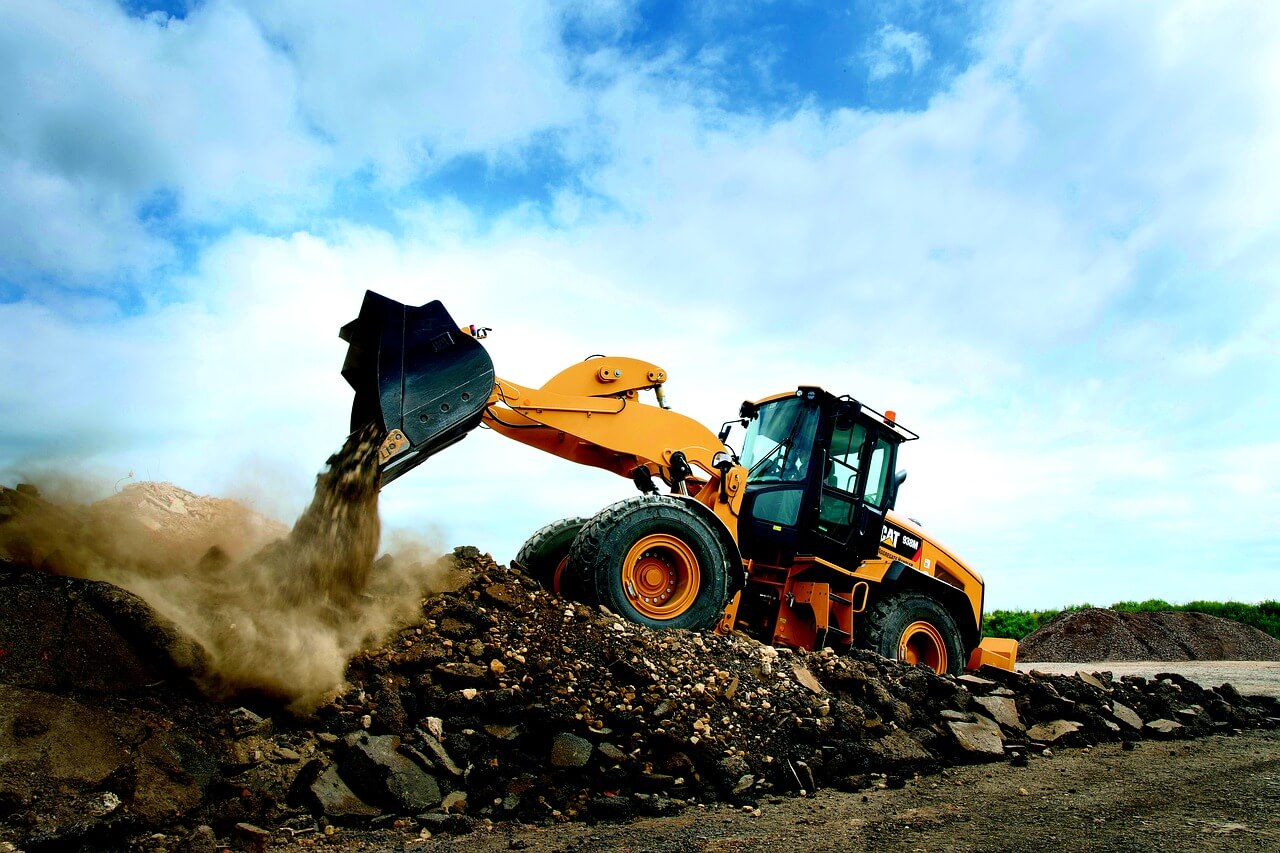
Renting or purchasing special equipment in Israel: which is more cost-effective?
When it comes to purchasing specialized equipment in Israel, such as construction equipment, agricultural implements or industrial tools, businesses and individuals are often faced with a critical decision: rent or buy. Choosing between leasing and purchasing specialty equipment can have a significant impact on your finances and operational efficiency. To determine which option is more cost-effective for your specific needs, consider the following factors:
Special equipment rental:
Benefits:
-
{eleven}
-
Maintenance and Repair: Rental companies are typically responsible for maintaining and repairing rental equipment, reducing the burden on the renter. This can save you time and money on maintenance costs.
-
Flexibility: Renting provides flexibility in accessing different types of equipment depending on project requirements. You can adapt to changing needs without being tied to a specific asset.
-
No Depreciation: You don't have to worry about the value of the equipment depreciating because you don't own it.
Lower upfront costs: Renting specialty equipment typically requires a lower initial investment, making it suitable for projects with limited budgets or short-term needs.
Disadvantages:
-
Higher Long-Term Costs: Over a long period, rental fees can accumulate and exceed the cost of purchasing the equipment.
-
No Asset Ownership: A lease does not give you ownership of the equipment, which means you will have no tangible assets on your balance sheet.
-
Limited Control: Tenants may have limited control over equipment availability, condition, and maintenance schedules, potentially impacting project timelines.
Purchase of special equipment:
Benefits:
-
Ownership: Purchasing specialized equipment allows you to own a tangible asset that can increase in value over time. This could be an asset on your balance sheet.
-
Long-term cost savings: Although the initial investment is higher, owning the equipment can be more cost-effective in the long run, especially with frequent or long-term use.
-
Control: You have complete control over equipment, including maintenance schedules and modifications. This control can improve work efficiency.
-
Tax Benefits: Depending on local tax laws, owning equipment may provide depreciation benefits or tax deductions that can reduce your tax liability.
Disadvantages:
-
Higher upfront costs: Purchasing specialized equipment requires a significant upfront investment, which can overwhelm your finances, especially for small businesses.
-
Maintenance Costs: You are responsible for all maintenance and repair costs, which may be significant over the life of the equipment.
-
Asset Wear: Specialty equipment tends to depreciate over time, potentially impacting the book value of your asset.
-
Limited Flexibility: Equipment ownership may limit your ability to quickly adapt to changing project requirements or use different types of equipment.
Factors to consider:
-
Frequency of Use: Estimate how often you will use special equipment. If it is intended for occasional or short-term use, renting may be more cost-effective. For regular, long-term use, ownership may be more beneficial.
-
Financial situation: Assess your budget and financial resources. If you have limited capital, renting may be a more viable option initially.
-
Project Duration: Consider the duration of your projects. Short-term projects may favor renting, while long-term projects may justify owning.
-
Maintenance and Repair: Consider the cost and experience required to maintain and repair equipment. If you don't have in-house maintenance capabilities, renting may be preferable.
-
Tax Implications: Consult a tax professional to understand the tax implications of leasing or purchasing specialty equipment in Israel.
-
Equipment Availability: Assess whether the required equipment is available for rental in your area. Availability may impact project timelines.
-
Resale Value: Consider the potential resale value of your purchased equipment when it comes time to upgrade or replace it.
In conclusion, the decision to rent or purchase specialty equipment in Israel should be based on a thorough analysis of your specific needs, financial considerations and long-term goals for your project or business. It is often helpful to consult with industry experts or financial advisors to make informed choices that optimize cost-effectiveness.






